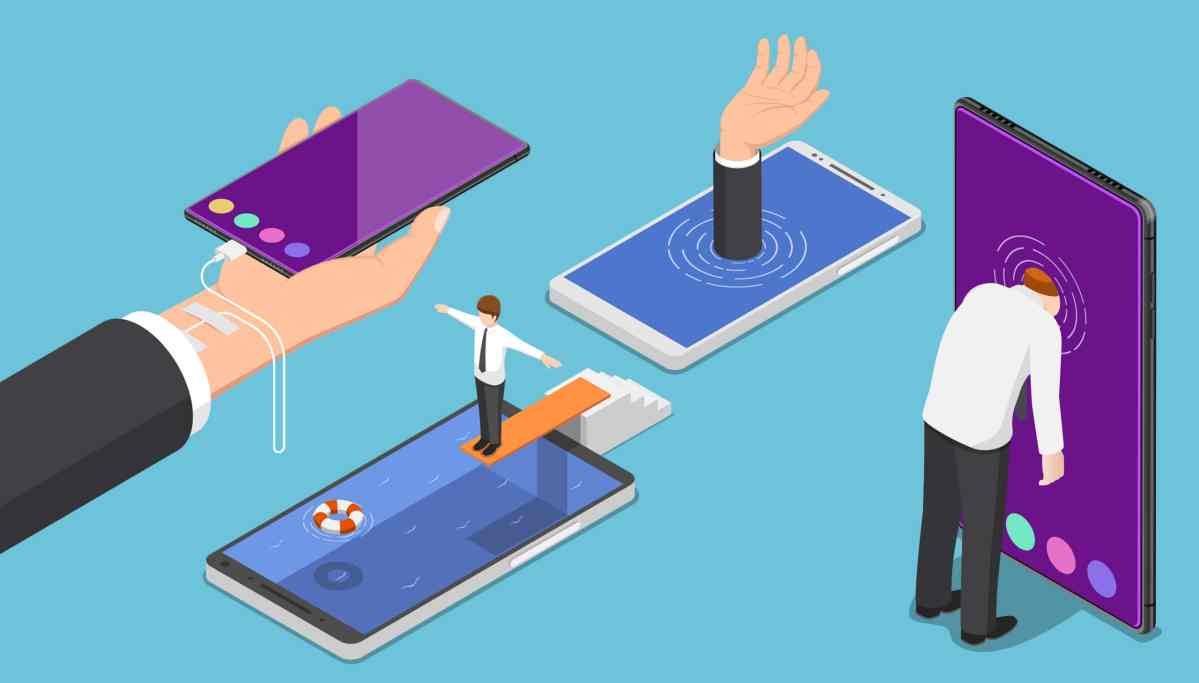You okay?
Human beings are a social species by nature, relying on connection and cooperation to survive and thrive. From pre-historic hunting groups for safety to the development of present-day society, it is clear that we not only crave but also require human contact. The dawn of the digital age brought with it social media to facilitate human interaction and community building. It allowed you to communicate with peers, express your interest and share your opinions. You know someone? Friend them. You worked with someone? Make them a connection. You appreciate a stranger’s content? Follow them. Post. Comment. Save. Share. A variety of ways to interact with people right from your seat, how harmful could that be that, right? Unfortunately, the answer is extremely.
With the same momentum that social media integrated itself with our lives, it ambushed mental health with guns blazing. In came the online trolls, hiding behind their screens, spewing negativity with the click of their keyboards, followed by the serotonin rush of likes and comments that left you wanting more. Then the carpal tunnel generation, born of mindless scrolling and finally entered the filter heavy unrealistic standard of life to administer the finishing blow. The pandemic induced isolation only amplified this adversity.
Nevertheless, mental health warriors wasted no time tending to the wounded, spreading self-love and motivation as far as their content could reach. The youth banded together, leaving open their DMs and creating safe spaces to shelter the injured. Media agencies used their position to effect change through their brands and finally, social media got it’s wake up call.
Whether it is damage control, a change of heart or an endeavour to reclaim what once was, we might never know but, we are happy to see social platforms taking responsibility. Over the last few months, Facebook and Instagram amended their content policy to prioritise mental health. It came in the form of limitations on facial modification filters, quick responses to harmful content reporting, restricting accounts and our personal favourite- a help tab pop-up on the search bar triggered by mental health-related keywords. It’s refreshing to see these platforms accept their role in the mental health conversation and not only take measures to curb harmful content but also offer outlets to those who have been affected. The path to recovery is definitely a long one but we are glad to see that the wheels are in motion.

I like firefox MUCH better than IE but on certain occasions i would have a ff winfdow open and it shows the window error thing. i go back and it was firefox is already running or something s i cant use it….